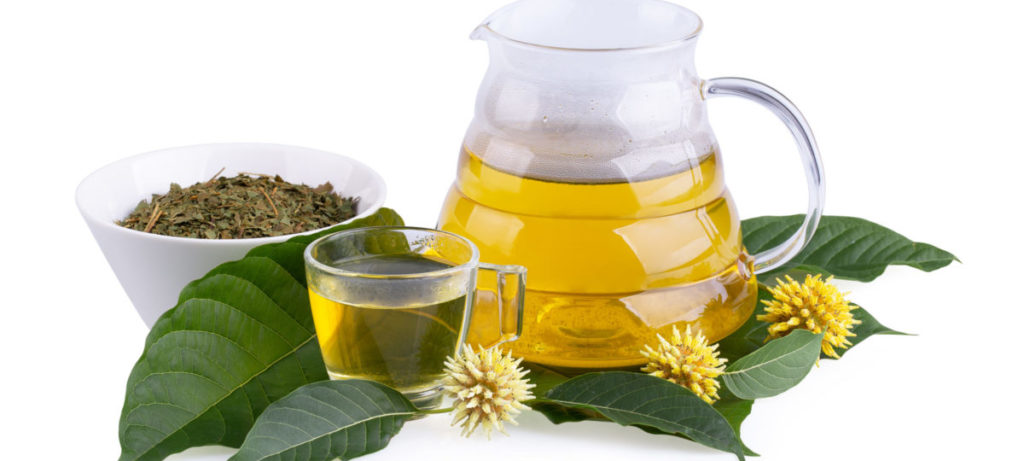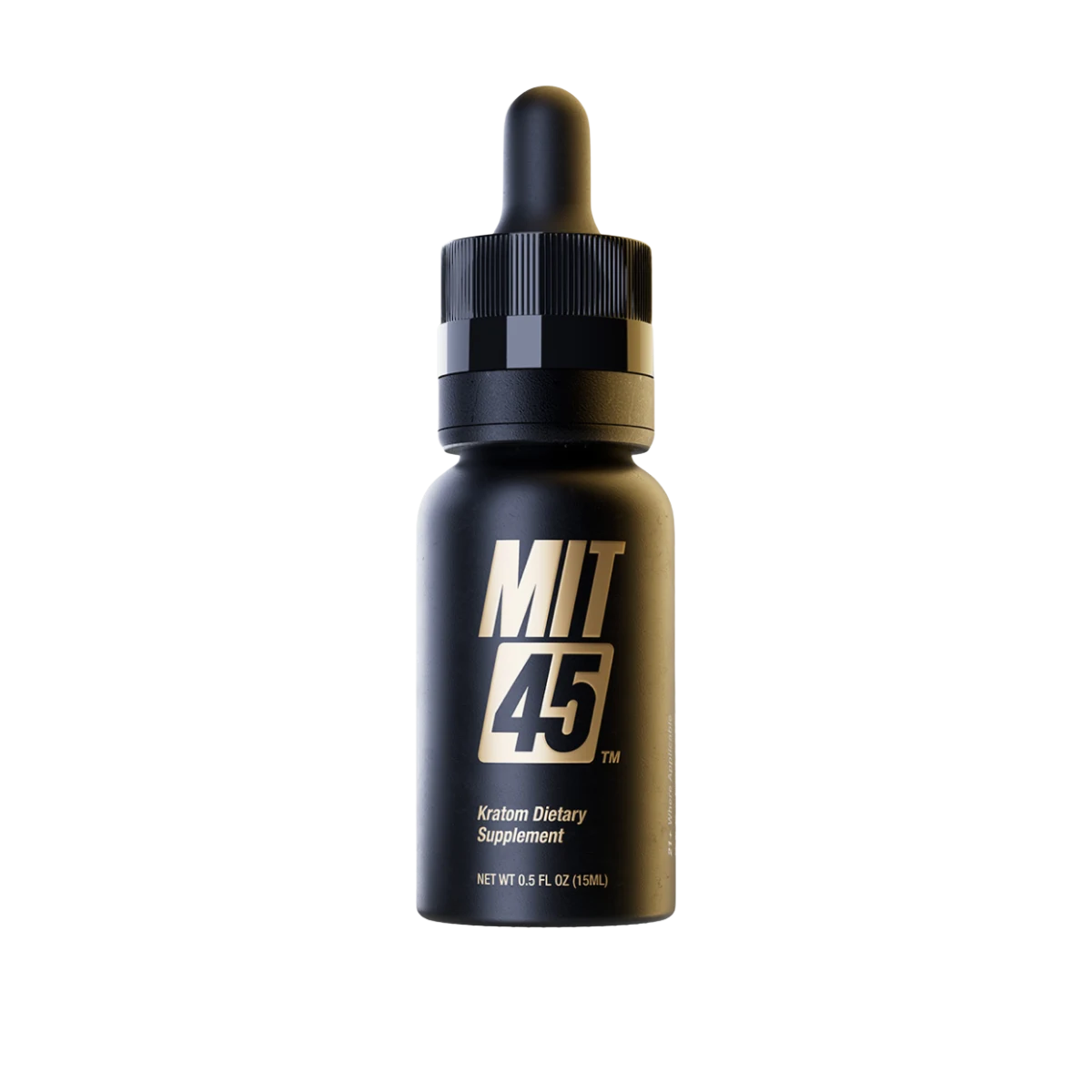There are numerous kratom products on the market, from capsules to powders to liquids—but what about oil? You likely hear about kratom oil every once in a while, but not frequently enough to have a good idea of what it is. You’re in good company, since consumers and sellers alike are still learning how to safely bring this product to market.
Read on to learn what kratom oil is, and why you are so unlikely to find it on your favorite store’s shelves (or stocked at your favorite online shop).
What Is Kratom Oil?
Before getting into why you are not likely to find it, you need to understand what kratom oil is. Although kratom oil lacks a concise definition, it is said to be a type of kratom extract that uses an oil base. As such, it would be a more liquid form of kratom (like shots), but with the base being an oil instead of a liquid.
Potential Perks of Kratom Oil
The form kratom comes in, and any ingredients added to it, can greatly impact the way it’s digested and absorbed. For example, kratom in capsule or gummy form must travel through the digestive tract before it “kicks in.” This is why many types of kratom can take upwards of 30 minutes to an hour to produce any effect.
The idea behind kratom oil is that it should be easier for your body to digest, since the kratom would be delivered in a more liquid form and paired with an oil. Generally, it is easier for humans to absorb liquids compared to solids. Plus, some oils can act as a type of healthy fat in the diet to increase absorption of certain vitamins (called fat-soluble vitamins).
Although cannabidiol (CBD) oil and kratom oil aren’t anywhere near the same thing, it can be helpful to consider how CBD oil works. CBD oils are popular because they use a carrier oil, or an oil that acts as a delivery system for the CBD. Typically, carrier oils help mask the natural taste of a substance (which turns some people off) and dilute a concentrated oil to make it safer for human use. They’re also often applied by using a dropper to dispense the substance under the tongue (sublingually). Sublingual application is advantageous, since the substance can start entering the body and bloodstream via tissue membranes in the mouth.
Unfortunately, the science hasn’t quite caught up to kratom oil, or confirmed that kratom would work similarly to other oil-based herbal products. In other words, we don’t know exactly how kratom behaves when paired with these substances, and we believe such a product wouldn’t pass regulatory muster, anyway. Until it does, expect kratom oil to be unavailable from reputable kratom companies.
Why You Won’t Find Kratom Oil
One of the biggest reasons that you will not find kratom oil, whether you look at a local store or online, is the U.S. Food and Drug Administration, or the FDA. Currently, food products and additives must be “generally regarded as safe” (or GRAS) according to the FDA. Unfortunately, the FDA hasn’t yet given kratom this designation, which is why it can’t be added to food products (like oils). The effect is double-edged—it discourages manufacturers from spending their resources experimenting to create new products (like kratom oil), and it tends to create consumer distrust of kratom in general.
Public policies and legislation regarding kratom can be confusing, so if you’re finding it tricky to navigate kratom in the news, know you aren’t alone! Essentially, The FDA has tried to place restrictions on kratom in the past, including banning all potential kratom alkaloids and kratom-containing supplements or medications. The Drug Enforcement Administration (DEA) has even tried to make kratom a “Schedule I substance”, which would make it illegal.
Luckily, the FDA and DEA didn’t succeed. Instead, the FDA doesn’t allow kratom to be sold as a food. It’s tricky, though, since kratom products don’t qualify for the FDA’s dietary supplement category either. As a result, you may notice that kratom products are labeled similar to conventional foods, even though they aren’t being added to food products as an additive just yet.
Simply put, in the FDA’s eyes, kratom is a new ingredient that still needs to be explored. Kratom oil would qualify as food, so it is not legally allowed. Therefore, it isn’t currently widely manufactured as a kratom product, since vendors and manufacturers would face serious consequences. For example, their products, even products other than kratom oil, could be removed from the market.
Looking Forward to the Future
There’s recently been a big push for a piece of kratom legislation called the Kratom Consumer Protection Act (KCPA). This legislation urges the FDA to adopt certain regulations that would also hold kratom vendors to a higher standard, requiring them to meet minimum requirements for safety and purity for each product they introduce to their lineup.
As the name of the proposed legislation suggests, this would help protect consumers when they shop for kratom. It would also open the door for products like kratom oil to be developed, making the types of kratom products available even more diverse. There’s a growing number of states with KCPA legislation that do require testing, and as this becomes more widespread, we may see a change in the way the FDA views kratom and kratom-containing products (like kratom oil).
Locating Legitimate Kratom Products
As an experienced kratom user, you likely know that there aren’t any legally required tests to sell kratom. Some sellers adulterate their product with excessively high levels of kratom compounds or low-quality filler ingredients, which can give even reputable companies a bad name. If you want to take control of your safety, you need to look for lab-tested products and choose companies with Certificates of Analysis.
In addition to testing, many experienced kratom users start to get a feel for whether something is “off” about their kratom. After a bit, you can recognize the smell, taste, and texture that you’re used to. This type of identification would be harder with kratom oil, although not impossible. As for now, kratom oil isn’t a legitimate product, so be on the lookout for fraudulent or counterfeit products on the market.
Want Kratom Oil? Make Your Own!
Since kratom oil isn’t currently available in a safe or verified form on the market, then you may be wondering what forms of kratom to try instead. The closest option to a hypothetical kratom oil would be kratom shots or extracts, which are ways to enjoy your kratom extract as a liquid substances. Some shots have additional flavors or coffee added caffeine for an extra boost. You can either drink them alone or pour them into your favorite beverage.
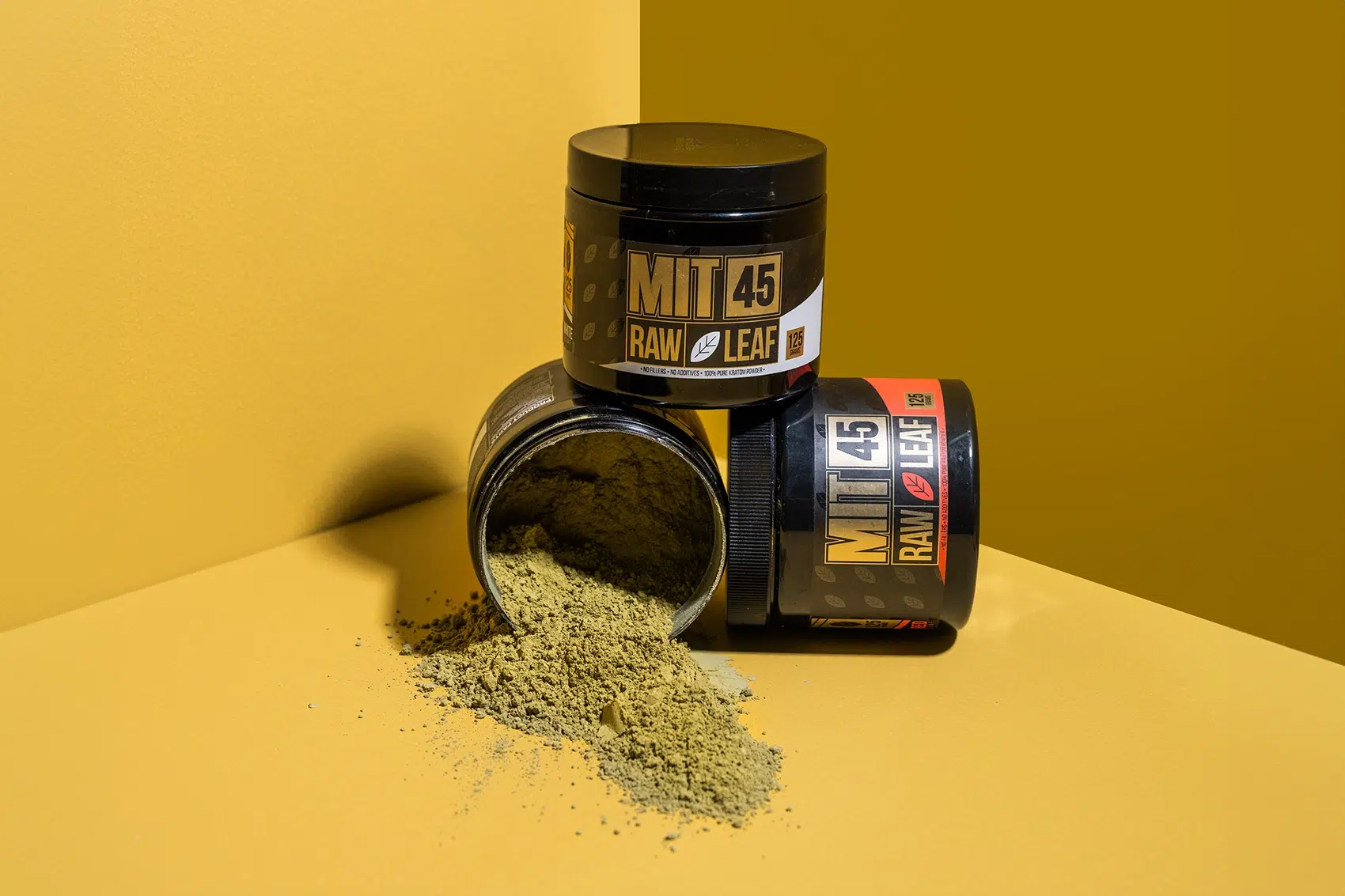
Powder kratom is also an incredibly popular and versatile option, since you can measure out exactly how much you want to consume and then mix it into nearly any drink.
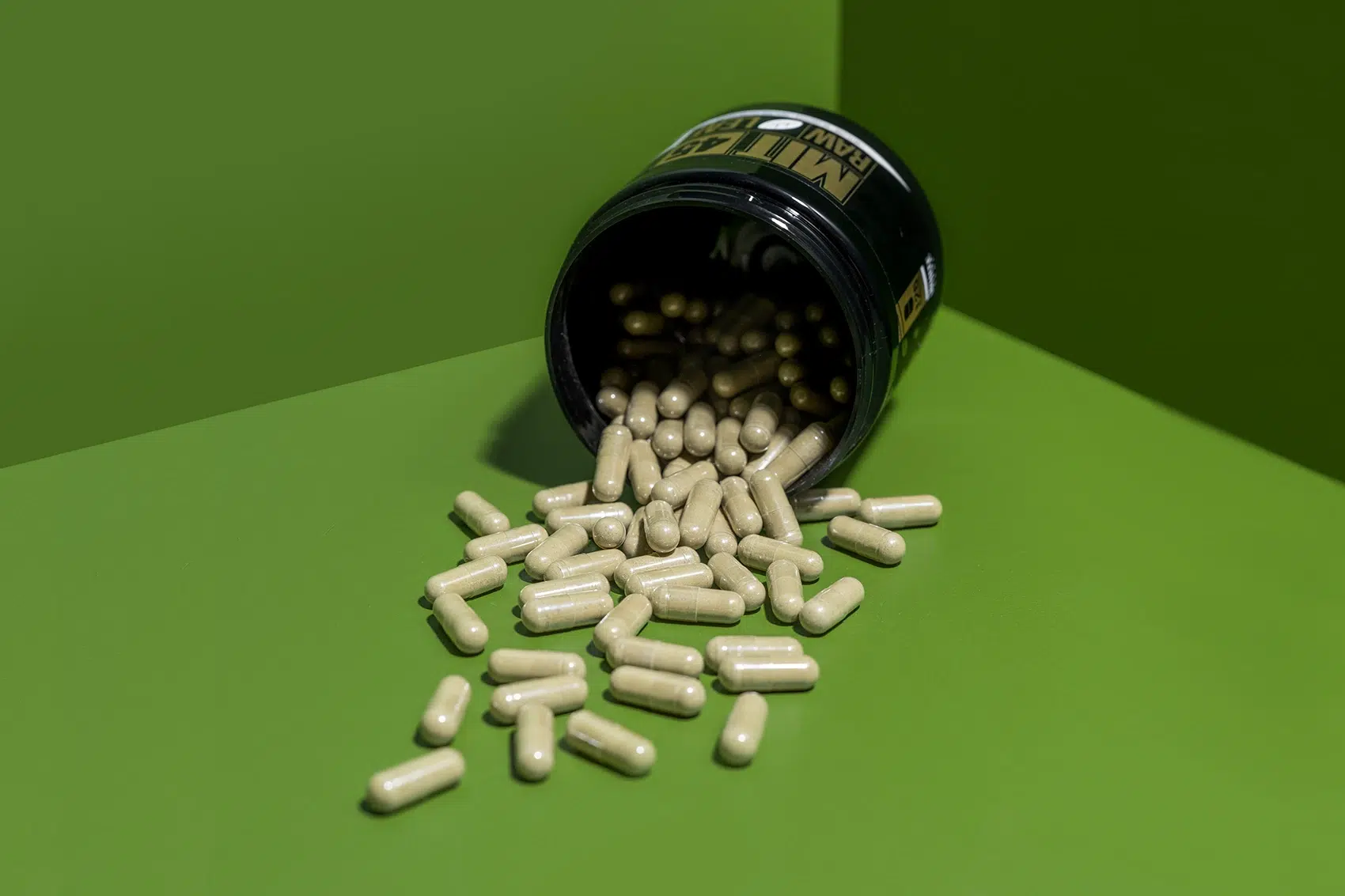
Capsules are also popular (and portable), since they contain a consistent, pre-measured amount of kratom and mask the naturally bitter taste.
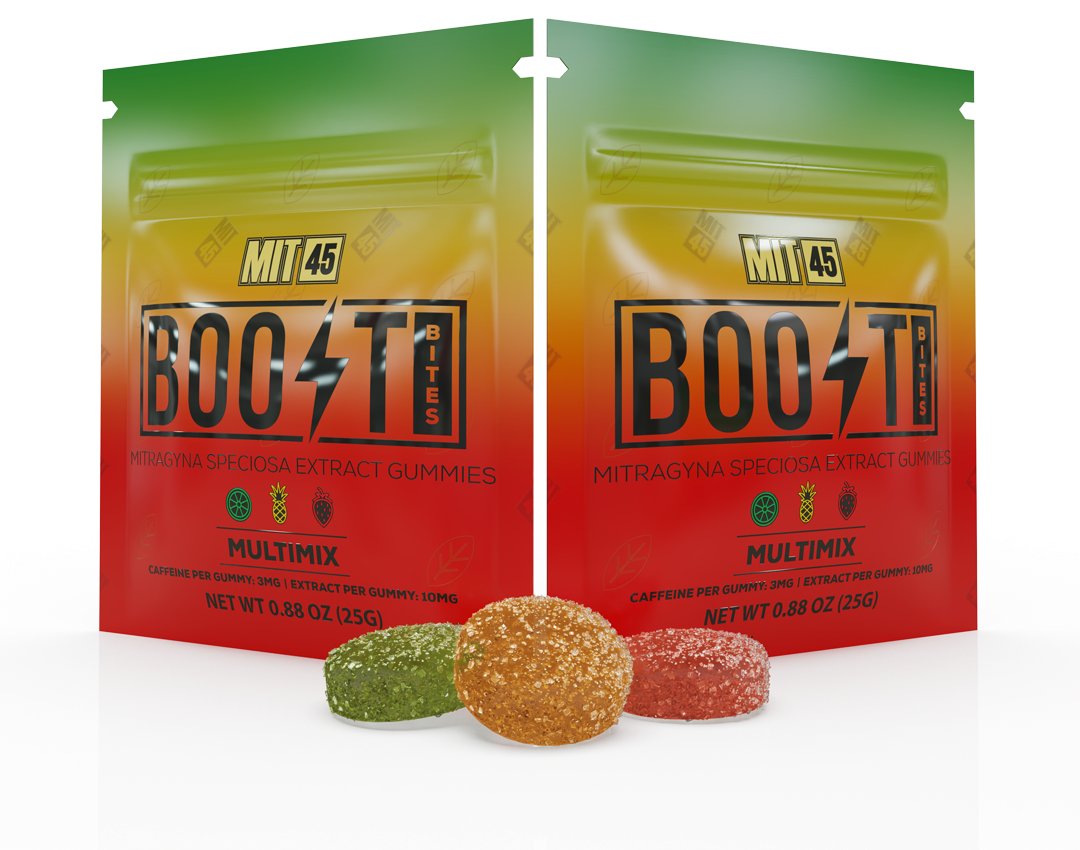
Another way to get around the taste is with flavored gummies which also come in pre-portioned servings.
The Bottom Line
You won’t currently find kratom oil on the market, because it would be considered food, and the FDA doesn’t let kratom manufacturers sell the kratom plant or its products as foods or dietary supplements. Fortunately, you can opt for another form of kratom instead, like powders, capsules, or gummies. Kratom lovers tend to appreciate liquid shots, capsules, powders, and gummies, among other options.
Curious about other product types available? Check out our kratom FAQs and other resources on kratom, including information about strains, kratom’s compounds, and more.
References
American Kratom Association. K.C.P.A. In Utah. Americankratom.org. Accessed November 2023.
Department of Justice/Drug Enforcement Administration. Kratom. Dea.gov. Published April 2020.
Food and Drug Administration. FDA and Kratom. Fda.gov. Published July 2023.
Lydecker AG, Sharma A, McCurdy CR, Avery BA, Babu KM, Boyer EW. Suspected Adulteration of Commercial Kratom Products with 7-Hydroxymitragynine. J Med Toxicol. 2016;12(4):314-349.

